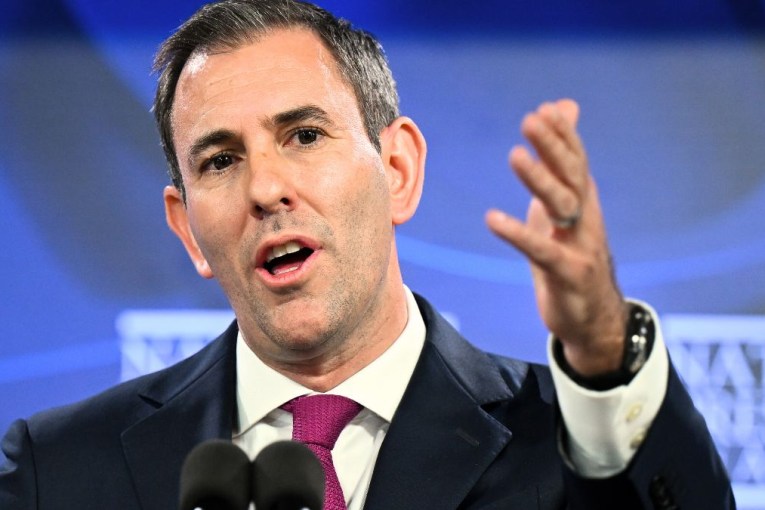The trick AMP uses to circumvent five-year-old consumer protections


An independent report into AMP's unlawful charging for services they didn't provide went through 25 drafts from the board. Photo: Getty
Five-year-old reforms intended to stamp out dodgy financial advice practices appear to have had minimal effect at one of the country’s largest financial advice firms, AMP.
The banking royal commission heard on Tuesday that AMP’s financial advisers were continuing to collect the majority of their remuneration through the controversial channel of commissions.
The Gillard government banned commissions in 2013 on the grounds they encouraged advisers to recommend products that were in the adviser’s interest rather than the customer’s. The reforms were known as the Future of Financial Advice (FOFA).
But on Tuesday, AMP’s head of financial advice Jack Regan stood before the banking royal commission and revealed that, five years on, 60 to 70 per cent of the fees paid to its advisers were commissions rather than fees for service.
AMP is one of the biggest financial advice businesses in the country, with thousands of financial advisers operating under its licence.
If you have used a financial adviser – even one that appears to be independent – there’s a good chance that adviser is with AMP, if they’re not with one of the big four banks.
Counsel assisting the commission Michael Hodge QC’s questioning revealed AMP had managed to hold on to so much commissions-based revenue thanks to a provision in the legislation that allows advisers to ‘grandfather’ commissions that existed before 2013.
‘Grandfathering’ simply means allowing the old laws to continue on contracts that were entered into before the new laws came into effect. The grandfathering provisions end if you leave your adviser or switch your investments to a new product.
But there’s a loophole to this last point. When an adviser leaves the firm, AMP has been pouring so-called ‘orphan’ clients into a pool of adviserless customers, where they can be picked up by a different adviser.
The legal loophole allows this new adviser to pick up the client’s ‘grandfathered’ commission as long as that adviser uses the same licensee as the old adviser – i.e. as long as he or she is with AMP.
But Mr Hodge’s questioning and Mr Regan’s responses revealed that during the period when one adviser had left the firm, but no second adviser had picked up the so-called ‘orphan’ client, those grandfathered commissions were still being paid to AMP.
Referring to a document provided by AMP, Mr Hodge said: “The concept of Register Co is that client registers are held in a central pool so that they can be transitioned between AMP businesses/licensees and maintain grandfathering.”
“Yes,” Mr Regan said.
Mr Hodge went on: “Orphans [clients whose advisers have left] that have had commissions withheld will not be able to reactivate commissions after 1 July 2013. And the proposed action is, turn on commissions?”
“Yes it is,” Mr Regan said.
“And can I suggest to you,” Mr Hodge continued, “that the ideas that are communicated on this page are that AMP is attempting to structure its business in order to maximise the possibility that commissions will be able to continue to be collected after 1 July 2013.”
“I think that’s a fair conclusion,” Mr Regan said.
The other controversy
This was not the main controversy to come out of Monday and Tuesday’s royal commission hearings.
As The New Daily reported, the main focus of the commission’s inquiries concerned AMP’s deliberate decision to go on charging orphan clients advice fees for 90 days after their adviser had left.
The commission heard that AMP had lied to or misled the corporate watchdog ASIC at least 20 times about the fact the decision to charge these fees was conscious and deliberate.
Responding to these revelations on Tuesday, the union movement – which was itself the subject of a royal commission under the Abbott government – seized on them as evidence that big business in Australia was “out of control”.
“The banking royal commission over the last two days has seen further evidence that big bank AMP put the interests of its profits before workers, the law and its customers,” Scott Connolly, ACTU assistant secretary, said.
“The evidence tendered shows that existing regulation is far too weak and needs to be strengthened and more actively enforced.”
Over the next fortnight the big four banks will give evidence on their advice practices to the royal commission.








